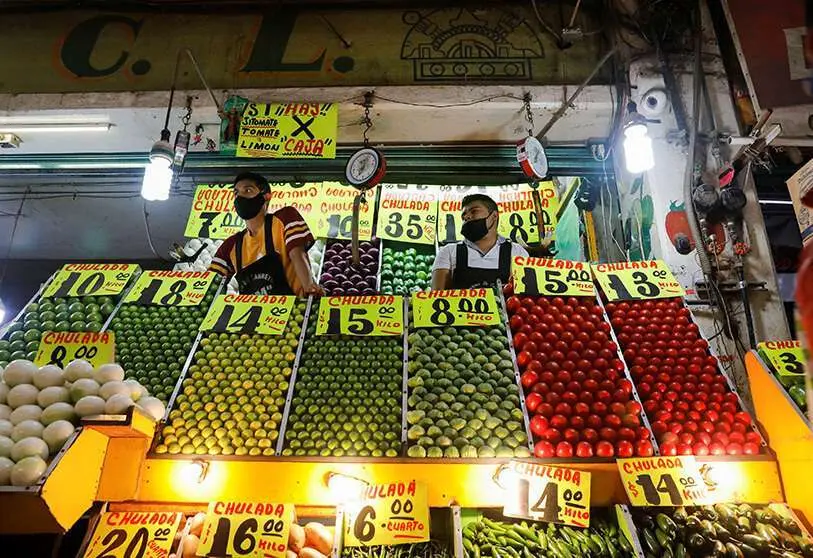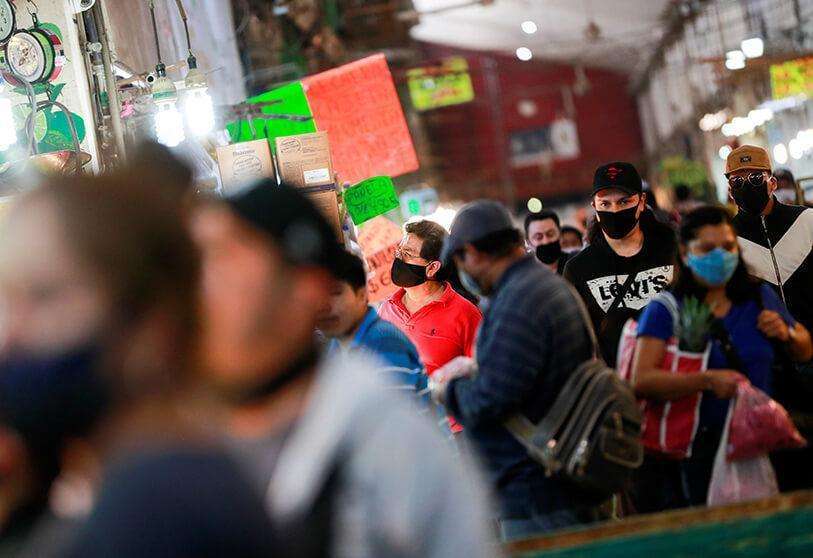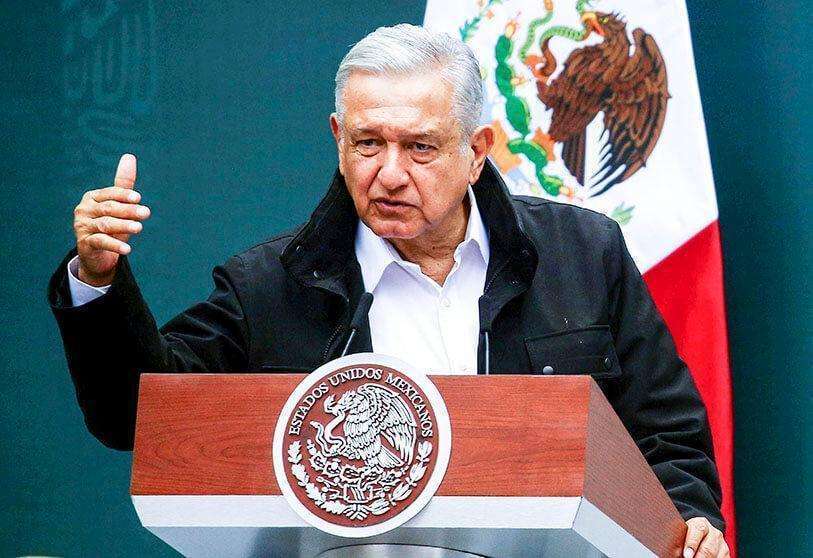Mexico eliminates tariffs on basic foodstuffs

The government led by Andrés Manuel López Obrador will eliminate import tariffs on basic foodstuffs for a year in an attempt to keep prices stable despite inflation. According to the decree law issued by the executive on Monday, up to 66 products, classified as basic products in the shopping basket, including corn, beans, potatoes, tuna, rice, onions, pork, beef and chicken, as well as other products such as jalapeño peppers, corn flour, wheat flour and eggs, will be exempt from paying duties.
The decree also includes other products such as hand soap, milk, lemon, apple, orange, boxed bread, soup pasta, sardines, sorghum and carrots. In addition, the document makes it clear that its main objective is to counteract the sharp rise in prices that Mexico is experiencing due to inflation and to ensure that basic necessities remain affordable for all citizens. "It is necessary and urgent to temporarily exempt the payment of import tariffs on products classified in 66 tariff fractions that form part of the basic basket of goods and inputs," says the document, which recently came into force and will be in force for one year, extendable for a similar period. This measure comes in a difficult economic context in Mexico, with inflation in this country reaching its highest figure in the last two decades in April with a rise of up to 7.68%.

The decree also exempts products classified in six tariff groups that are a fundamental part of Mexican families' shopping baskets from the obligation to pay import tariffs: live animals of the bovine, porcine, ovine or caprine species, roosters and hens. The government defends the importance of adopting this decision and stresses that "the measures provided for in this decree do not relieve importers of the obligation to comply with all non-tariff regulations and restrictions on the goods".
Despite the optimism of López Obrador's government, the general director of Grupo Consultores de Mercados Agrícolas, Juan Carlos Anaya, states that this measure will not have immediate real effects on the price that consumers pay for products, since at a global level the prices of goods continue to rise: "In the case of wheat we are already open to the United States and Canada because of the Free Trade Agreement, the issue is that prices are still high, not by announcing the opening of quotas without tariffs is already going to immediately make prices fall, it is not in our hands". According to the expert, the exemption from import tariffs will begin to have an impact on prices within four to six months, and he proposes another alternative: "What we should promote is an increase in supply, because this is the only way that prices can fall, since Mexico, being the second largest importer globally, by importing so much corn, is raising prices".

The exemption from paying tariffs that came into effect last Tuesday is in addition to the package of measures adopted by the Mexican government to reduce inflation and ease its citizens' pockets. At the beginning of May, the 16 measures of the Package against Inflation and Famine (Pacic) were presented. Among the measures adopted are the increase in grain production, the elimination of tariffs on fertilisers and the promise to maintain the prices of 24 basic products.
Coordinator for the Americas: Jose Antonio Sierra










